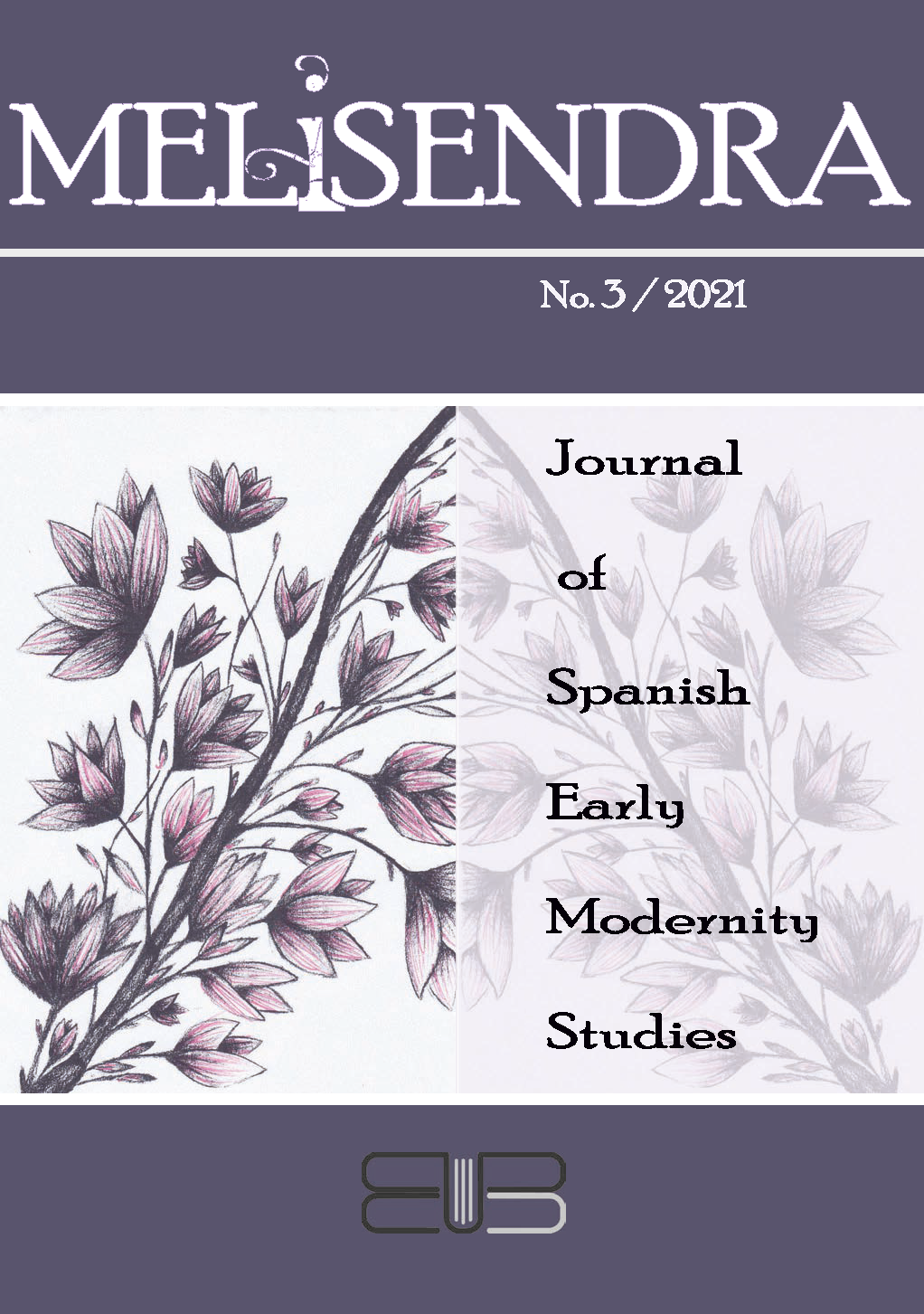Palinodia de la Nephanda y fiera nación de los turcos y de su engañoso arte y cruel modo de guerrear y su traducción veneciana: del enemigo endemoniado al vecino respetado
Palinodia de la Nephanda y fiera nación de los turcos y de su engañoso arte y cruel modo de guerrear and its Venetian Translation: From the Devilish Enemy to the Respectable Neighbour
Author(s): Françoise RICHER-ROSSISubject(s): Cultural history, Diplomatic history, Social history, Sociology of Culture, 16th Century, Theory of Literature, Sociology of Politics, Sociology of Literature
Published by: Editura Universităţii din Bucureşti
Keywords: Turks; translations; Ulloa; Venice; mediation;
Summary/Abstract: This paper analyses the different ways the Turk was represented depending on whether one reads the original version written by Spanish author Vasco Diaz Tanco and published in Orense in 1547 or its translation into Italian carried out by Alfonso de Ulloa ⸺a native Spaniard who adopted the Venetian citizenship⸺ and soberly entitled: Libro dell’origini e successione dell’Imperio de’Turchi (1558). It underlines how Alfonso de Ulloa, as a good cultural mediator between Spain and the Republic of Venice, adapted himself to the Venetian context. He fully realized the interest of his fellow countryman’s work, but he also knew that the relationships between Spain and Turkey were very different from those maintained by Venice with her Ottoman neighbours. He had to meet the demands of other readers. Consequently, while the duty of serving the fatherland was never lost sight of, he took pains not to displease the Venetian authorities which would compromise with the Turks for free trade in the Mediterranean. One should remember that ten years later and after negotiating for ten months, in the wake of the attack on Cyprus by the Turks (July 1570) with her governor Marc Antonio Bragadín being tortured in Famagusta, Venice was to form a league with the Spaniards and Pope Pius V. This article, while it considers the political history of the context in which both texts were produced, analyses Alfonso de Ulloa’s deletions from and additions to the original text. As he translated from a book that forcefully stood up for the Christians and attacked the Turks virulently, Alfonso de Ulloa softened the style, used censorship and compensated by praising the Republic of Venice and insisted on her remarkable role on the international scene.
Journal: MELISENDRA. Journal of Spanish Early Modernity Studies
- Issue Year: 3/2021
- Issue No: 3
- Page Range: 30-53
- Page Count: 24
- Language: Spanish

